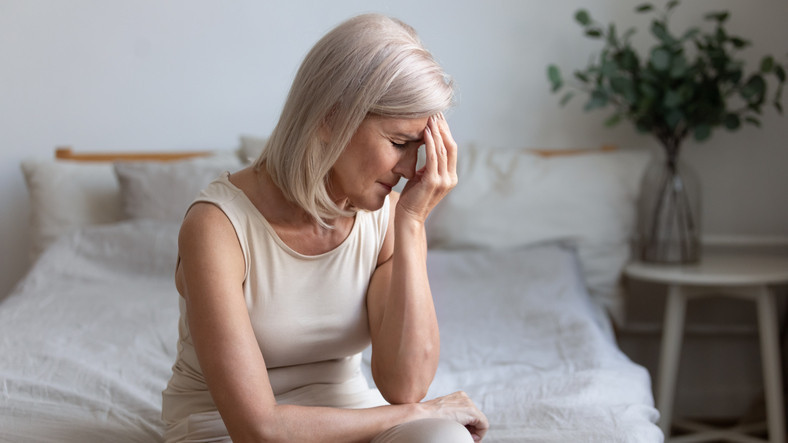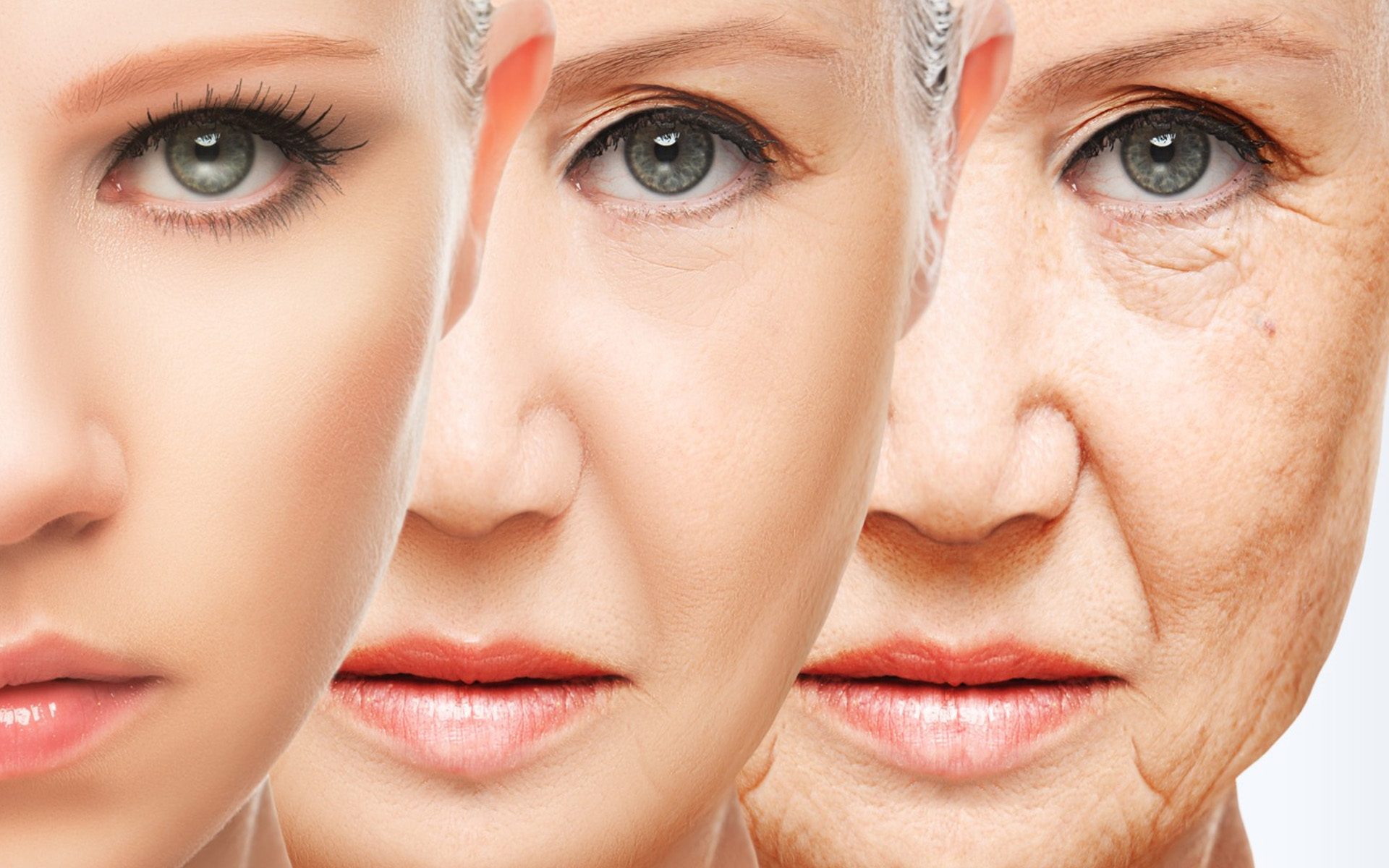Many people experience a feeling of dizziness when they stand up. This dizziness is similar to the feeling of “light-headedness” or “darkened vision” and lasts for a few seconds. It is a common phenomenon, due to the tendency of the blood to remain in the vessels at the level of the legs as a result of the action of the gravitational force.
What are the causes of severe dizziness when standing up?
How can you prevent severe dizziness when standing up?
In healthy people, as soon as they stand up, mechanisms intervene to compensate for the movement of blood towards the lower extremities: the heart beats faster and the vessels reflexly contract to maintain blood pressure in the upper part of the body sufficient to continue to ensure the proper functioning of the brain. When these mechanisms fail to promptly rebalance the blood pressure, severe dizziness occurs, sometimes followed by fainting.
What are the causes of severe dizziness when standing up?
- Orthostatic hypotension – a condition diagnosed by measuring the systolic blood pressure in the supine position and then in orthostatism (standing). If in an elevated position the blood pressure drops by more than 20 mm Hg compared to its value measured when the patient is lying down, it is a matter of a dysfunction of the regulatory mechanisms, possibly due to diabetes, Parkinson’s disease, or other ailments. It is found mainly in the elderly.
- Postural orthostatic tachycardia – when standing upright, the heart beats very fast, leading to dizziness without a drop in blood pressure. It is more common in young people.
- Dehydration – regulation of blood pressure, although it works normally, it fails to maintain the proper flow in the upper floor due to the lack of blood volume.
- Getting up suddenly after prolonged bed rest: the adaptation mechanisms do not have enough time to act.
- Treatment with vasodilator drugs – they prevent adaptation by vasoconstriction.
How can you prevent severe dizziness when standing up?
- Hydrate yourself properly (on average 6-8 glasses of water/day) to maintain a sufficient amount of fluids in the body to serve the blood pressure regulation mechanisms.
- Get up from the lying position without haste, first in a sitting position on the edge of the bed, then standing up after making sure that any feeling of dizziness has passed, especially if you are old.
- If you happen to get dizzy frequently, make sure that after lifting you have something to lean on, and remove objects that may be obstacles (e.g.: electric wires lying on the floor or other objects).
- If you suspect that drugs are the cause of dizziness, talk to the doctor who prescribed them to find another treatment formula.
- Do physical exercises regularly – they strengthen the muscle and vascular tone, helping to improve the adaptation of the blood flow to the change of position.
- If the dizziness worsens and persists after getting up instead of disappearing or you experience falls with or without loss of consciousness, contact your doctor.
Sources:


